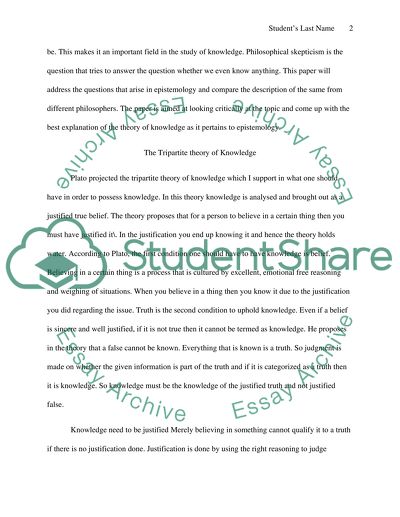Cite this document
(“Knowledge Essay Example | Topics and Well Written Essays - 1250 words - 2”, n.d.)
Retrieved from https://studentshare.org/philosophy/1639261-knowledge
Retrieved from https://studentshare.org/philosophy/1639261-knowledge
(Knowledge Essay Example | Topics and Well Written Essays - 1250 Words - 2)
https://studentshare.org/philosophy/1639261-knowledge.
https://studentshare.org/philosophy/1639261-knowledge.
“Knowledge Essay Example | Topics and Well Written Essays - 1250 Words - 2”, n.d. https://studentshare.org/philosophy/1639261-knowledge.


